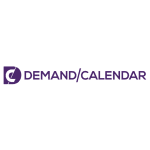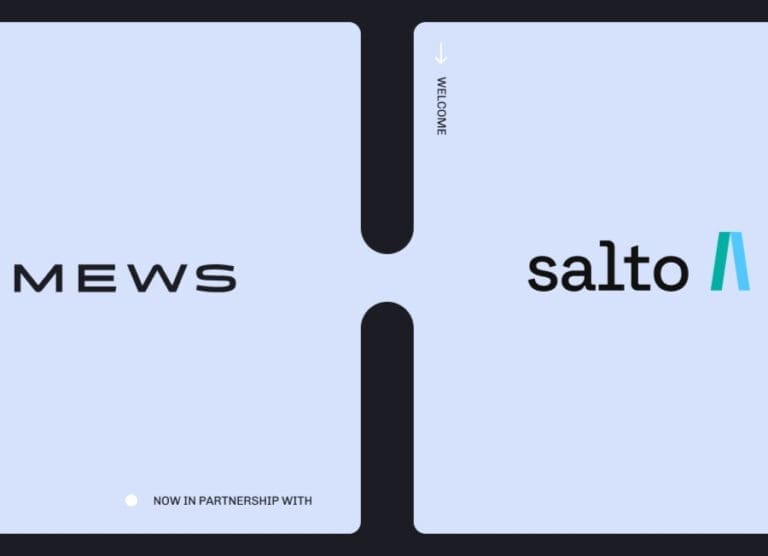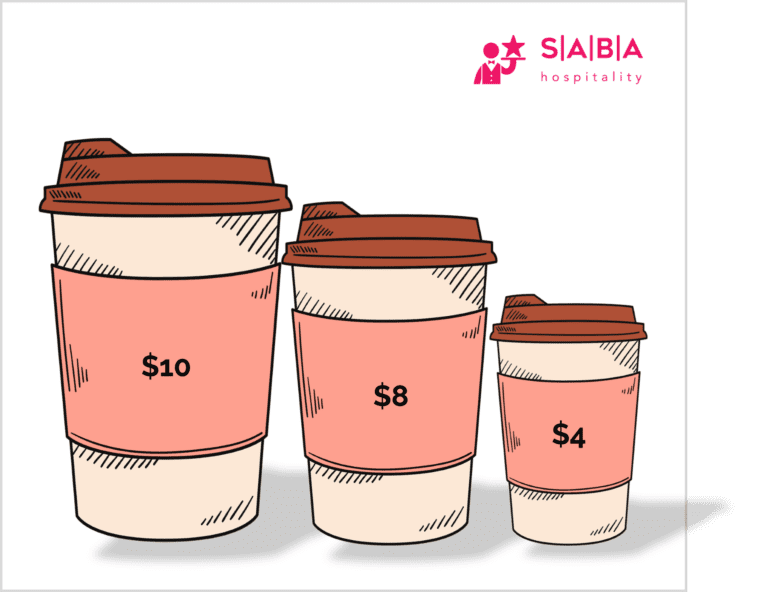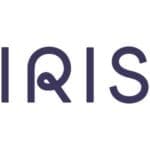 The management guru Peter Drucker offered one of the most frequently cited definitions of a business’s purpose. “The purpose of business is to create and keep a customer.” -Peter Drucker. In essence, this quote emphasizes that the primary objective of a business is to identify, attract, and serve customers. Without customers, a company cannot generate revenue, grow, or achieve its goals. Customers demand products or services and enable a business to thrive.
The management guru Peter Drucker offered one of the most frequently cited definitions of a business’s purpose. “The purpose of business is to create and keep a customer.” -Peter Drucker. In essence, this quote emphasizes that the primary objective of a business is to identify, attract, and serve customers. Without customers, a company cannot generate revenue, grow, or achieve its goals. Customers demand products or services and enable a business to thrive.
To fulfill this purpose, businesses must focus on understanding customer needs and preferences, developing valuable offerings, and delivering excellent customer experiences. By creating customers through effective marketing, product development, and customer service, businesses can establish strong relationships, build brand loyalty, and drive growth and profitability.
Who is the hotel customer?
The question is, who is the customer in a hotel? A simple definition is the one that pays the bill.
Without any revenue, a hotel cannot achieve a profit and will eventually go bust. Let’s look at a few definitions. The hospitality industry has three distinct customer roles, and their interactions can often be quite complex.
- Guest: This is the person who stays in the hotel. They’re the ones directly using the services and amenities provided by the hotel. In the hospitality industry, it’s essential to ensure that guests are comfortable and satisfied and meet their needs during their stay. The guest’s experience is of utmost importance, as this can affect the hotel’s reviews, ratings, and overall reputation. If guests have a positive experience, they may become repeat guests and refer others to the hotel, making them valuable assets for the hotel business.
- Customer: The “customer” refers to the entity paying for the stay. This could be a company paying for an employee’s travel, a government department covering costs for an official’s visit, or any other organization funding the stay. In this scenario, the hotel must meet the customer’s standards and requirements, including specific billing arrangements, adherence to agreed-upon rates, or providing particular amenities and services. Customer satisfaction is also essential because this can affect future bookings and the ongoing business relationship.
- Travel Agent: A travel agent’s role involves planning, organizing, and booking travel accommodations for their clients, who could be individuals or organizations. Travel agents work closely with hotels to arrange stays, often negotiating rates, ensuring specific amenities or services are provided, and handling any issues that may arise. They can be seen as intermediaries between the guest and the hotel or between the customer (e.g., a company) and the hotel. The travel agent must maintain good relationships with both hotels (to ensure they can provide good services to their clients) and their clients (to keep their business).
In summary, the guest enjoys the services, the customer pays for them, and the travel agent facilitates the transaction and ensures everything goes smoothly. Each party has different priorities and requirements, and the hotel must meet all of them to ensure successful relationships and repeat business. To make it a bit more complex, the guest can also be a customer if the guest pays for the stay.
Track guests, customers, and travel agents
A hotel must understand customer needs and preferences to deliver excellent customer service. Let’s assume that this is something that hotels are good at. Instead, let’s look into how a hotel can track its revenue from guests, customers, and travel agents.A comprehensive Property Management System (PMS) is the primary tool for managing and tracking revenue from guests, companies, and travel agents.
- Reservation: In this section, a PMS records all reservation details, including the guest, company, travel agent, room type, stay dates, and guest information. When a reservation is made, it captures whether it’s directly from a guest, from a company booking for one or more guests, or via a travel agent booking for a guest or a company.
- Billing and Payment Processing: The PMS will handle all billing and payments, linking every transaction to its respective reservation and, by extension, to the guest, company, or travel agent responsible for that booking. It provides an itemized bill, critical for transparency and for companies needing to review or report expenses. In addition, the PMS ensures accurate tracking of the revenue associated with each entity.
- Customer Relationship Management: A PMS also incorporates elements of a CRM system, keeping detailed records of all interactions with guests, companies, and travel agents. This allows the hotel to track revenue and the overall relationship with each entity, providing a comprehensive view of each one’s value.
So, with a well-implemented PMS, a hotel can have all the information and functionality needed to track its revenue effectively within a single system. Of course, regular data review and analysis will still be necessary to turn this information into actionable insights. Still, the PMS will provide a strong foundation for all revenue tracking and relationship management activities.
Hotels struggle to get this right
Tracking guests, companies, and travel agents sounds very simple, and it should be easy to follow instructions to get this right. However, hotels have difficulty differentiating between companies and travel agents and have a mix of companies and travel agents in the same tables in the database. Hotels also have many duplicate profiles of guests, companies, and travel agents. Managing and organizing data in a hotel environment, especially differentiating between companies and travel agents, and avoiding duplicate profiles, can be challenging. Here are some of the reasons why:
- The Volume of Data: Hotels often deal with a large volume of data, with multiple reservations, guests, companies, and travel agents. This volume can make it challenging to keep everything organized and avoid duplicates.
- Inconsistent Information: Information about guests, companies, and travel agents can come from various sources and formats. It might be entered by a front desk agent, an online booking system, or transferred from another hotel in the chain. Inconsistencies can arise from different people entering data in different ways and from various systems not communicating seamlessly.
- Human Error: Mistakes can be made when information is entered manually. For example, a travel agent might be mistakenly entered as a company or vice versa. In addition, duplicates can be created when the same entity is entered under a slightly different name or if the system does not flag that a profile already exists.
- System Limitations: Not all PMSs are designed with robust data management capabilities. They might not have adequate checks to prevent duplication or ensure correct categorization. Furthermore, integrating multiple systems (like CRS, CRM, etc.) with the PMS can sometimes lead to data integrity issues.
- Training and Procedures: Without clear procedures and sufficient training, staff might not correctly enter and manage data. For instance, they might not understand the importance of categorizing entities correctly or the process for checking whether a profile already exists before creating a new one.
Overcoming these challenges requires robust systems, clear procedures, and thorough training. Advanced PMSs with built-in data management and error-checking features can help, as can data cleansing exercises to identify and remove duplicates. Regular audits and reviews can also ensure data remains clean and well-organized. First, however, staff must understand the importance of this and be trained to manage data effectively.
Good data is the foundation of effective customer relationships, accurate revenue tracking, and strategic decision-making. If a hotel doesn’t have correct data about guests, companies, and travel agents, there can be several significant implications:
- Loss of Revenue: Without accurate data, the hotel might not accurately track or forecast revenue, possibly leading to missed opportunities or poor financial planning. For instance, the hotel may offer discounts or incentives to entities that don’t generate much revenue while overlooking more profitable ones.
- Poor Customer Service: If data about guests is inaccurate or incomplete, this can negatively impact the quality of service provided. For example, the hotel might not have the correct preferences for repeat guests or may misidentify the person responsible for a booking.
- Inefficient Marketing: Bad data can lead to wasteful marketing efforts. For example, promotional offers may be sent to entities who aren’t likely to book, while potentially profitable entities are overlooked.
- Damaged Relationships: Incorrect data can lead to mistakes that harm relationships with companies and travel agents. For instance, a company could be incorrectly accused of not meeting agreed volumes, and a travel agent’s commission might be miscalculated.
- Regulatory Compliance Issues: Inaccurate data can lead to compliance issues, particularly in regions with strict data protection regulations. This could result in legal complications or financial penalties.
- Inaccurate Reporting and Analysis: Bad data can lead to inaccurate business intelligence, making it harder for the hotel to make strategic decisions. For instance, they might misidentify trends or fail to recognize meaningful patterns in booking behavior.
For these reasons, hotels must invest in robust data management systems and practices, ensuring their information about guests, companies, and travel agents is as accurate and complete as possible.
Regular data audits, staff training, and consistent data entry and management procedures can all help to maintain data quality. Here are several actions that hotels can take to improve the quality of their data:
- Establish Clear Data Entry Standards: Create a standardized method for data entry, including the format for entering names, addresses, etc. These standards should be communicated to all staff members who handle data.
- Implement Data Validation: Use software with built-in data validation to ensure data is entered correctly. For instance, it can check that email addresses are in a valid format or that mandatory fields are not left blank.
- Regular Training: Provide regular training for all staff members who handle data. This should cover data entry standards, the importance of data quality, and how to use data management systems effectively.
- Data Deduplication: Implement regular checks for duplicate entries in the system. Many modern CRM or PMS systems have automated deduplication processes or can generate reports to identify potential duplicates for manual review.
- Audit and Review: Regularly audit your data for accuracy and consistency. This can be done internally or by a third-party company specializing in data management. Frequent reviews can help spot trends, recurring errors, or areas for improvement.
- Feedback Mechanism: Encourage guests, companies, and travel agents to update their information. This could be done through an online portal or by asking them to review and confirm their details during each interaction.
- Integrate Systems: Ensure your various software systems (like PMS, CRM, etc.) are integrated and communicate with each other. This reduces the risk of inconsistencies or discrepancies between systems.
- Maintain Data Security: Secure your data to maintain integrity and build trust with your guests, companies, and travel agents. This includes complying with data protection regulations and implementing robust cybersecurity measures.
By taking these steps, hotels can significantly improve the quality of their data, leading to more accurate revenue tracking, better customer service, and more effective decision-making. This might not be a quick fix but rather an ongoing action list to reach the long-term objective of high-quality data about guests, customers, and travel agents.





















